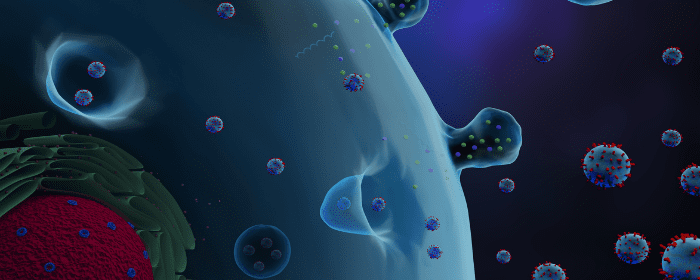The number of people experiencing autoimmune diseases (ADs) continues to increase worldwide. Currently, it’s estimated that between 2 and 5% of the global population is afflicted with the most severe forms of these diseases, including type 1 diabetes (T1DM), systemic lupus erythematosus (SLE), and rheumatoid arthritis (RA).
An autoimmune disease can occur nearly anywhere in the body and is the result of the immune system mistakenly attacking your body instead of protecting it. While the reason this occurs is not yet fully understood, there are over 100 different types of autoimmune diseases classified into two types: organ-specific (T1DM) and multiple system-involved conditions (SLE and RA).
In addition to T1DM, SLE, and RA, other common autoimmune conditions include Crohn’s disease, ulcerative colitis, psoriasis, inflammatory bowel disease (IBS), and multiple sclerosis (MS).
In addition to not fully understanding why these conditions occur, conventional treatments (mainly in the form of immunosuppressants) alleviate associated symptoms but do not provide lasting or effective therapy for preventing or curing these diseases.
In recent years, mesenchymal stem cells (MSCs) and MSC-derived extracellular vesicles (MSC-EV) have demonstrated immunosuppressive and regenerative effects, and are now being investigated as promising new therapies for the treatment of ADs. In this review, Martinez-Arroyo et al. provide a complete analysis of current MSC and MSC-EV efforts in regard to some of the most severe ADs (T1DM, RA, and SLE) as a way to demonstrate progress in the discovery and application of new stem cell therapies for the treatment of ADs.
Initial research by the International Society of Cellular Therapy in 2006 established that MSCs are able to exert a range of biological functions, with the most well-known being immunosuppressive and regenerative effects, suggesting that MSCs-based therapies for the treatment of ADs is possible. Additional research has also demonstrated MSCs role in regenerative medicine to be safe and effective in treating a wide variety of diseases and injuries.
Further study has demonstrated that MSCs influence immune cell proliferation, differentiation, and function. While this is promising, research also suggested that the microenvironment influences the induction, increase, and maintenance of MSCs immunoregulatory role.
Considering this, the authors of this review suggest that blocking immune cell reprogramming while maintaining MSC roles in the immune microenvironment would provide new insights into identifying strategies for the biological treatment of ADs.
Current research and findings also support the use of MSC for the regeneration of tissue. This same research has also raised concerns related to cell survival, genetic instability, loss of function, and immune-mediated rejection. Because of this, Martinez-Arroyo et al. call for further study to better understand the biology, biomaterials, and tissue engineering used during MSC therapy.
The authors conclude this review by pointing out that there has been a revolutionary change in perspective in the field of MSC-based therapies for the treatment of AD primarily stemming from the use of MSC-EVs as potential therapeutic options.
Additionally, when comparing the use of MSCs to MSC-EVs, the authors highlight several advantages demonstrated by MSC-EVs. These advantages include providing stability and safety, avoiding tumorigenesis, genetic mutability, and immunogenicity when compared to MSCs, and allowing for several modifications to their surface and cargo – all enhancing their potential as viable treatment options for ADs.
While MSC-EVs demonstrate tremendous potential, the authors call attention to the fact that the use of MSC-EVs is still in the initial research and development phases and faces major obstacles and limitations in a number of areas, including overcoming the optimization of methods for MSC-EV characterization, high-scale production, and purification and improving MSC-EV targeting.
Considering these limitations, Martinez-Arroyo calls for further research with animal models and clinical assays as a way to test the safety and efficiency of using MSC-EVS as cell-free therapy for ADs.
Source: “Mesenchymal Stem Cell-Derived Extracellular Vesicles as Non ….” https://www.mdpi.com/1999-4923/14/4/733/htm.


 St. Petersburg, Florida
St. Petersburg, Florida
